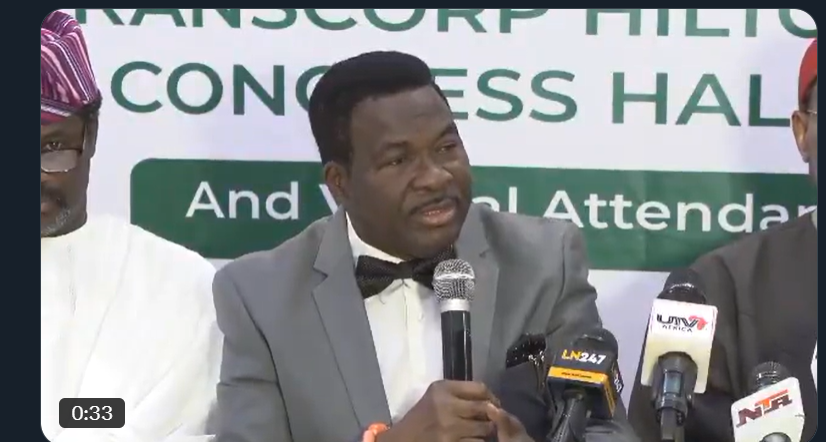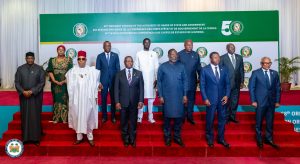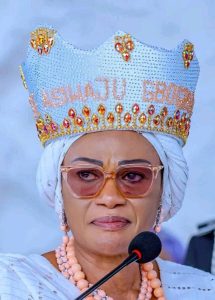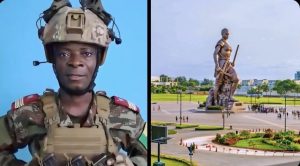Abuja, 18 July 2025 – Professor Mike Ozekhome, SAN, Chairman of the Resolution Committee of The Patriots, has outlined key outcomes from a two-day summit in Abuja focused on crafting a new, people-driven, and referendum-compliant constitution to establish true fiscal federalism in Nigeria, a nation marked by its pluralistic identity.
Held at the Transcorp Hilltop Hotel, the National Constitutional Summit, organised by The Patriots – a group led by former Commonwealth Secretary-General Emeka Anyaoku – convened prominent figures, including former Presidents Olusegun Obasanjo and Goodluck Jonathan, Nobel laureate Wole Soyinka, former Governor Gbenga Daniel, and Senator Ike Nwachukwu. The summit aimed to address Nigeria’s governance challenges through a new constitutional framework.
Ozekhome, speaking for the Resolutions Committee, stressed that the current 1999 Constitution, as amended, is unrepresentative and inadequate for Nigeria’s diverse society. He highlighted the need for a democratic constitution rooted in fiscal federalism to ensure stability and development. The summit proposed several key reforms:
- Devolution of Powers: Transferring authority to federating units for greater autonomy in resource control and governance, modelled on the First Republic.
- Constituent Assembly: Forming a non-partisan National Constituent Assembly, with representatives from special interest groups, to draft a new constitution drawing from the 1960, 1963, and 1999 constitutions, as well as the 2014 National Conference recommendations, to be validated by a national referendum.
- Judicial Reforms: Allowing federating units to maintain their own court systems up to the Court of Appeal, with the Supreme Court handling high-level constitutional matters. Proposals also included special courts for electoral disputes, corruption, and terrorism, alongside separating the roles of Attorney-General and Minister of Justice for impartial legal oversight.
- Electoral Changes: Conducting all elections on a single day to reduce costs and corruption, mandating electronic transmission of results via the Bimodal Voter Accreditation System, and introducing independent candidature.
- Security and Governance: Establishing state police to address internal security, capping the number of ministers and advisers to cut governance costs, and prohibiting elected officials from defecting parties mid-tenure.
The summit criticised the current unitary system as costly and prone to abuse, arguing it undermines public welfare and democracy. It also affirmed Nigeria’s secular status and called for equitable rotation of security agency leadership.
The Patriots plan to present a Draft Legislative Bill for the new constitution to the Presidency and National Assembly, urging President Bola Tinubu to introduce an Executive Bill empowering the Independent National Electoral Commission to organise Constituent Assembly elections. The committee, including figures like Gbenga Daniel and Rt. Hon. Aminu Tambuwal, has shaped these resolutions.
Ozekhome reiterated the summit’s focus on a “truly fiscal federal Constitution” suited to Nigeria’s pluralism. The proposed bill will address 10 critical themes, including federal structure and resource control, amid growing calls for restructuring to harness Nigeria’s diversity for progress. Critics of the 1999 Constitution, imposed by military decree, have long demanded a people-led alternative.






